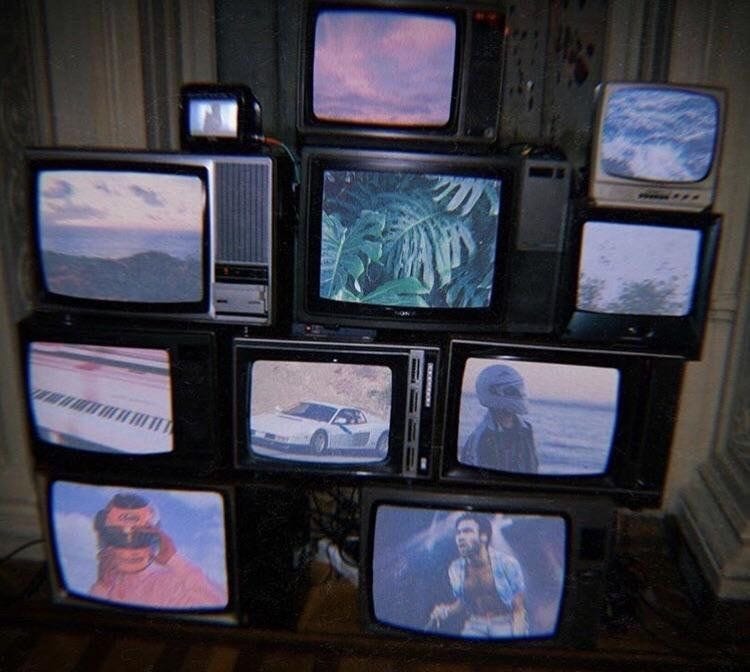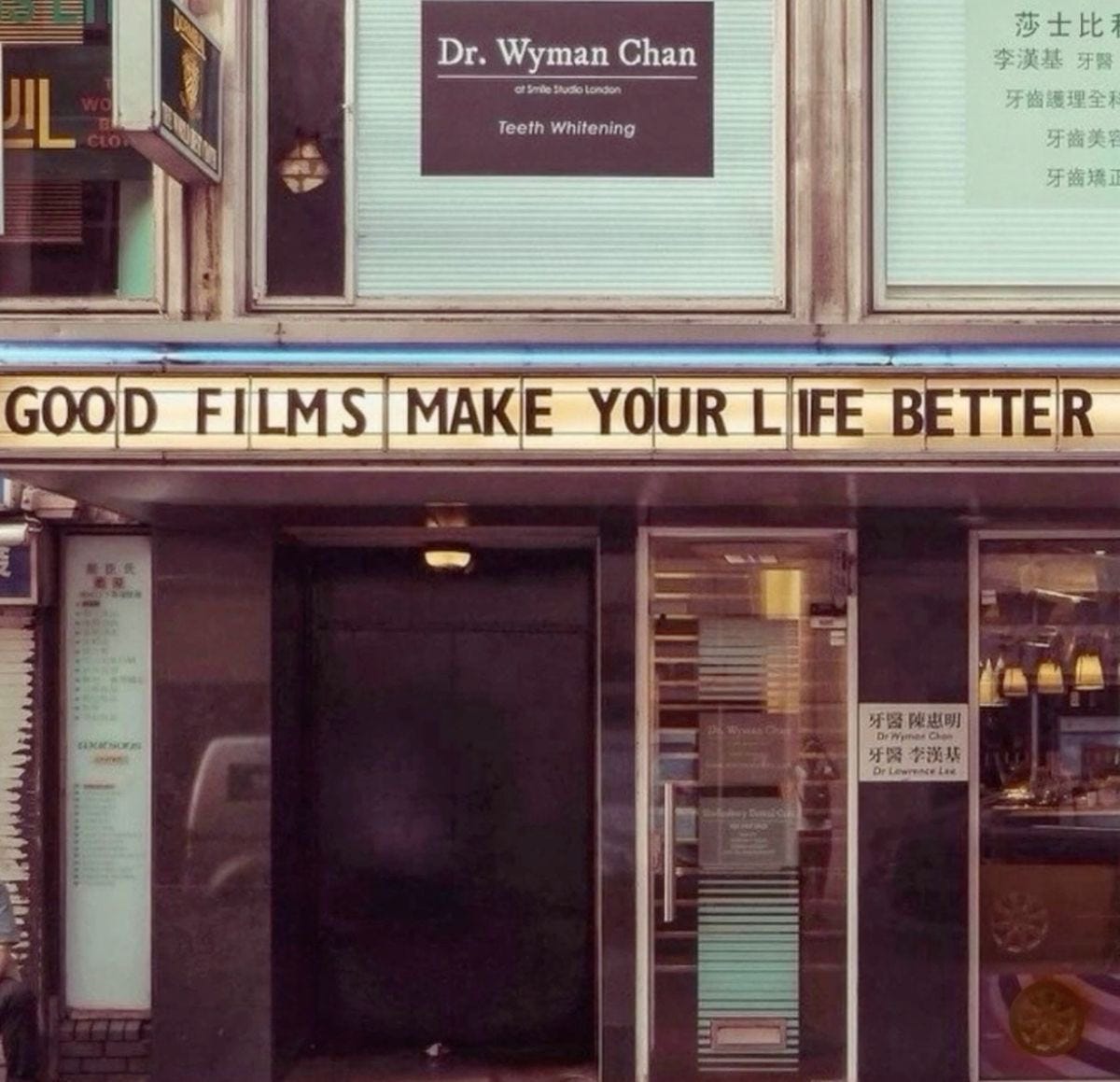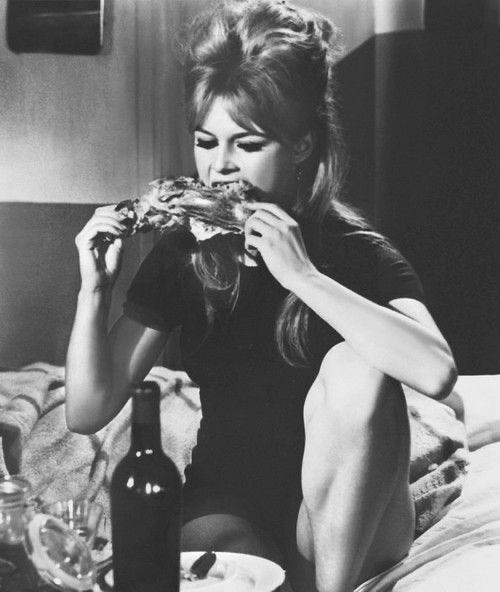A goodbye to media stalking
A pitch for why we should stop watching House MD reels and start enjoying things deeply again
I have to confess: I thrive off of spoilers.
I know, gasps of horror and shouts of anger. I’ve heard them all. Particularly from my movie-buff husband, who has yet to let me live down the way I spoiled the ending of The Sixth Sense for myself.
I can’t help it, I just love to know what is going on without having to endure the emotional investment of a 2-hour film, or worse — a multi-season TV show.
It started with looking up a few movie scenes that I found my friends referencing in middle school. Then it expanded to looking up the plot before watching movies so I wouldn’t be caught off guard in the theater by a character death or jump scare. Then it turned into researching episode summaries for TV shows that I would never have the time to finish. And of course, then I would look up the funniest scenes and video clips, just so I could make sure I maximized my pickings from the series.
Somewhere down along the line, I found that I have become a serial media stalker.
I will stumble across a screenshot or clip of a film or show that will spark my interest, causing me to fall into an hour long spiral of Wikipedia plots, TikTok hashtags, and YouTube clips just to make sure I’ve squeezed as much content from the media down into as little time possible. Afterall, I don’t possibly have time to watch all the movies, shows, and videos that I want to in this life, why not take shortcuts? Two times speed was invented for a reason.
Here’s the thing. I looked at the time on my phone one day after stalking the movie A Mother’s Instinct, and I realized I could have watched the entire film in the time I spent reading the plot, reviews, and tapping through clips. And despite the time I had spent looking it up, I still didn’t know the movie as I would if I had just watched the entire film. That finally shocked me out of my media stupor.
I know I’m not alone in this. There’s a reason there are accounts solely dedicated to posting clips from movies and shows that rack up hundreds of thousands – if not millions – of views. Raise your hand if you’ve been personally targeted by the overabundance of House MD reels on YouTube.
Media stalking, as I have found myself calling it, is the act of targeting a movie, show, or book with obsessive attention, seeking to glean as much as you can from surrounding content rather than engaging with the actual media itself.
Some might call this “deep diving”. The difference is that deep diving builds upon an original engagement with the product. Show stalking involves only engaging with other people’s posts about it.
Rather than appreciating media and art, we now consume it.
We have chopped up everything into small, bite size, easily swallowable pieces, cutting away at the fat and bristle of art. At what cost? Eating lean, we have lost the flavor and soul of media.
The depth of our engagement with a task is directly correlated with the satisfaction we receive from it. Author Cal Newport explores this idea as it relates to work in his book Deep Work. He argues that instead of filling our time with many little, unimportant tasks that do not require much mental investment, choosing to take on one larger task that we devote 100% of our attention to for a shorter amount of time is, actually, more productive. Rather than doing more in less time, he says we should strive to do less in more time. Counterintuitive? For sure.
But deep down, I think we all knew that already. For years people have talked about the revered “flow state” or joked about “locking in” to the next task on their list. We know that the most fulfilling, productive work goes hand in hand with a singular focus.
This also translates to our media consumption. The media that we devote our full attention to is ultimately what leads to a deeper understanding or appreciation of it.
We were simply not made for the overwhelming amount of media that exists today. We are finite creatures – and that’s a good thing.
One of my favorite pastors, the late Tim Keller, argued the freedom that comes from limitations. He wrote, “In many areas of life, freedom is not so much the absence of restrictions as finding the right ones, the liberating restrictions. Those that fit with the reality of our nature and the world produce greater power and scope for our abilities and a deeper joy and fulfillment. Experimentation, risk, and making mistakes bring growth only if, over time, they show us our limits as well as our abilities.”
These ‘liberating restrictions’ limit us in the ways that matter. Rather than choosing to consume freely and uninhibitedly, narrowing our palette actually allows for a deeper savoring of the things we do choose to consume.
But what Keller points out is that even the mistakes we make within the limitations can prove to offer us opportunities to grow. Although we should invest our time wisely into choosing our media, bits of debris will inevitably slip past. And that’s okay. Hate the movie but critique it after actually watching it.
Too often I hear conversations like this:
“I can’t stand [xyz franchise or film]! It’s such trash.”
“I thought it was alright. What part of it didn’t you like?”
“Oh, I haven’t actually seen it. I can just tell it will be garbage from what I’ve seen online.”
Our level of passion – whether hate or love – towards something should be correlated to the time spent understanding it. Otherwise, we’re just blowing smoke.
We may be scared of investing deeply into a book or show because we don’t want to be burned by a bad ending or poor writing. But in actively limiting ourselves by what we do and don’t want to watch, we are teaching ourselves to make better and higher quality selections. When our investment is high, our satisfaction from success is multiplied. When we embrace the limitations of our time and attention, we find ourselves able to enjoy more deeply and to critique more thoroughly, rather than on superficial qualities.
Recently I watched the movie Uglies. I swore to myself long ago that I would never watch it because the books had been such a foundational part of my adolescence, and I didn’t trust a film with Billie King as a protagonist to pull it off. However, I was with a group of friends that decided on watching it. Don’t get me wrong, it was bad (and the majority of people on Rotten Tomatoes agree). But not nearly as bad as I expected it to be. By the end of it, I could admit that there were some things they pulled off well.
My opinion as someone who has wasted a lot of time: it feels better to waste time on a bad movie, than to waste the same time watching clips about a bad movie. At least with the former you can check something off of your watch list.
So here’s my proposal for you and me – rather than letting yourself stumble into spirals of media consumption, catch yourself on the doorframe.
Stop when you realize you’ve started the process of stalking a show or book and put down the phone.
Ask yourself if this is something worth investing your time and attention into. If you need to, spend no more than a couple minutes looking up the parent guide to see what kind of content it contains.
If you still want to watch it, then add it to your TBR, Letterboxd, or watch later lists.
Carve out a set time each week to invest into the media you’re actually interested in watching.
Choosing to be intentional with your media rather than letting yourself stumble into it is one way to make sure you’re appreciating rather than consuming.
We will never be able to watch everything or read everything that we hope to in this life. But don’t let all the unchecked boxes on your list scare you. Each box you get to tick off symbolizes several hours well spent. Savor that feeling. Chew on the fat and bristle. It’s good for you.









such a good read!
Love this piece!!